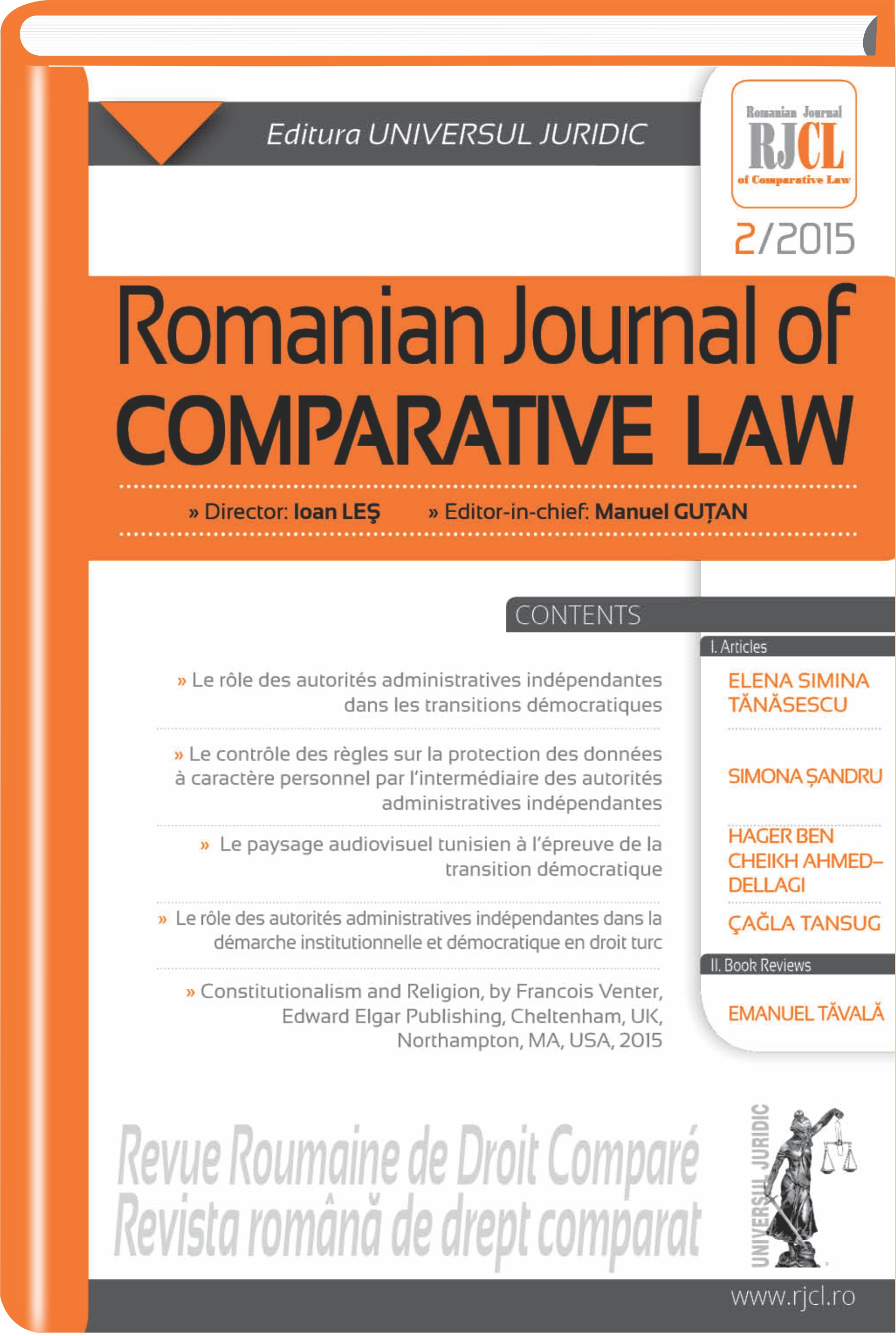
We kindly inform you that, as long as the subject affiliation of our 300.000+ articles is in progress, you might get unsufficient or no results on your third level or second level search. In this case, please broaden your search criteria.

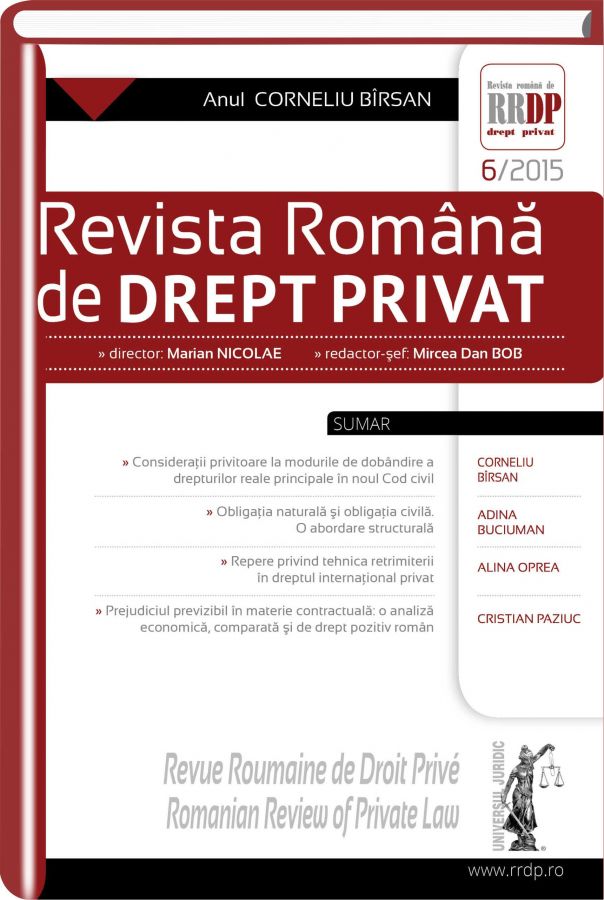
The appeal against the tax decision is intended to provide the tax payers’ access to the courts of law in order to correct the abuses or inaccuracies of the tax authorities. Driven by the importance of collecting taxes and duties and by the applicable prevailing regime of public law, the procedure becomes antagonistic to the fulfilment of citizens’ rights in the Romanian law.In this destitute context, the judicial practice and case law of the Constitutional Court executed a series of procedural impediments, which bear away the appeal filed against fiscal documents from the common contentious administrative law and shaped its own legal regime. The preliminary procedure or the petition for pardon seems to be a prerogative exclusively designed at the disposal of the tax body, which significantly restricts the access to the courts of law. In combination with the difficulties of performing to do obligations against the fiscal administrative authorities, the whole non-contentious proceedings actually become a difficult step for the taxpayer, which may use only inefficient or inaccessible remedies.The New Code of fiscal procedure relieves the conditions for the applications for suspension of operation of the tax administrative document; however, it does not bring any systematic amendments, intended to correct the existing failures. The only real remedy available in this legislative context remains the mandatory case law of the European Court of Human Rights. However, the nature of public law of the fiscal field declines the applicability of article 6 of the Convention for the protection of human rights and fundamental freedoms for the method of challenging the tax decision.Instead, in respect of the orders of the tax authorities issued in relation to the assets values of citizens, the European protection is provided under article 1 of Protocol no. 1 additional to the Convention. The possible interference upon a person’s assets (examined within the autonomous meaning of the Convention) requires an effective, accessible, quick and inexpensive appeal, according to article 13 of the respective Convention, before a court which should examine the alleged infringement.This approach deals with the examination of the compatibility of the appeal against the tax decision in this legal background imposed by the case law of the European Court, mainly dealing with the applicable essential aspects of the procedural law. The failings of legislation, the behaviour of the tax authorities and the case law of the national courts may be deemed as insurmountable impediments for the fulfilment of certain protected rights at the constitutional and international level.In the absence of the much-awaited upheaval by the new Code of fiscal procedure, the courts shall be in charge with rectifying the omissions or indecisions of the fiscal lawmaker by their practice, in order to provide the taxpayers the full exercise of their fundamental rights. It remains to be seen to which extent the current legal background provides the courts of law with the necessary instruments for achieving this objective.
More...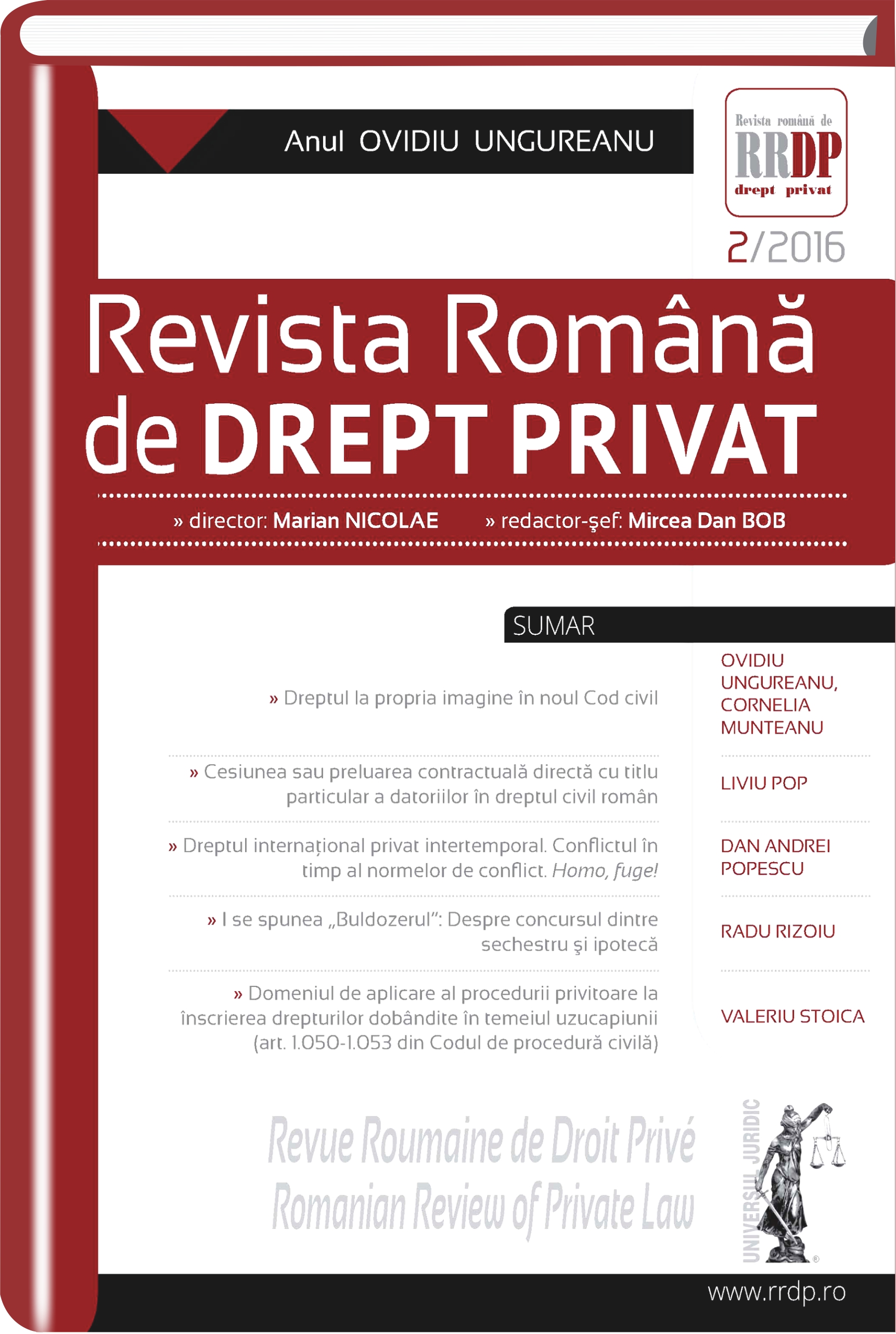
This is a critical study of the article 207 (1) of Law 71/2011 on the implementation of Law 287/2009 on the Civil Code, according to which the new rules of conflict shall be enforced immediately, in all the cases that come in for judgement in a court of law or before any other competent authority after the entry into force of the New Civil Code (NCC) that is, October 1st 2011. The legislator did not took into account for reference the date that legal relationship containing elements of extraneity come to life, but the date a court of law (or public notary or any other public authority) is vested with the case, making no distinction, in that regard, between legal relationships that have entirely produced their effects prior to the entry into force of the new code and those that produce effects later on. In the case of the latter, also, there is no distinction made between the effects that have been consumed and those that are to be produced in the future, after the 1st of October 2011.In the case of relationships born before the application of the new rule of conflict and which fully produced their effects until such date – such as, for instance, when the succession was opened under the former code, but which proceed before the notary public or, as the case may be, are pending after the coming into effect of the code – we are in the presence of a retroactive application of the new conflict rule, that contradicts the constitutional principle of nonretroactivity of laws [enshrined in article 15 (2) Romanian Constitution]. The rule of conflict is not a „procedural” rule, it cannot hold suspended the private relationship (Lebensverhältnis) until judgement or until a notary public or any other authority is called upon to issue a ruling, refusing to transform it into a legal relationship, but, on the contrary, it is enforced as soon as the generating act or fact came into being, determining the applicable law and transforming therefore the relation into legal relationship. Once the succession is opened – to take this example on – it is governed, form the very moment of its opening, by a given material law (lex successionis), determined according to localization criteria set forth by the conflict rule then in effect. Any rights and obligations of heirs (be they legal, testamentary or contractual, as the case may be) shall be transmitted upon the death of the estate author being „pervaded” by the material law which was designated as competent.
More...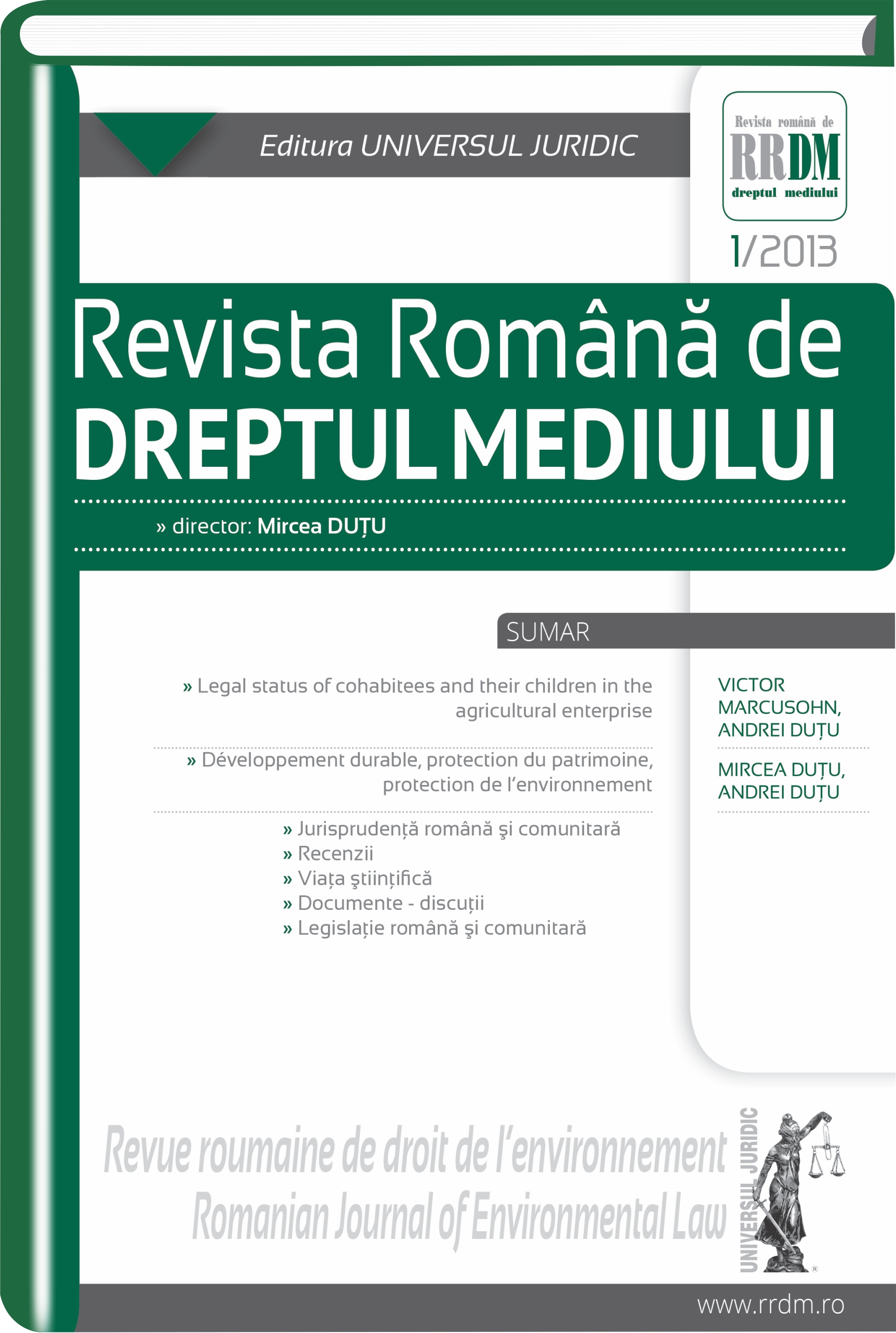
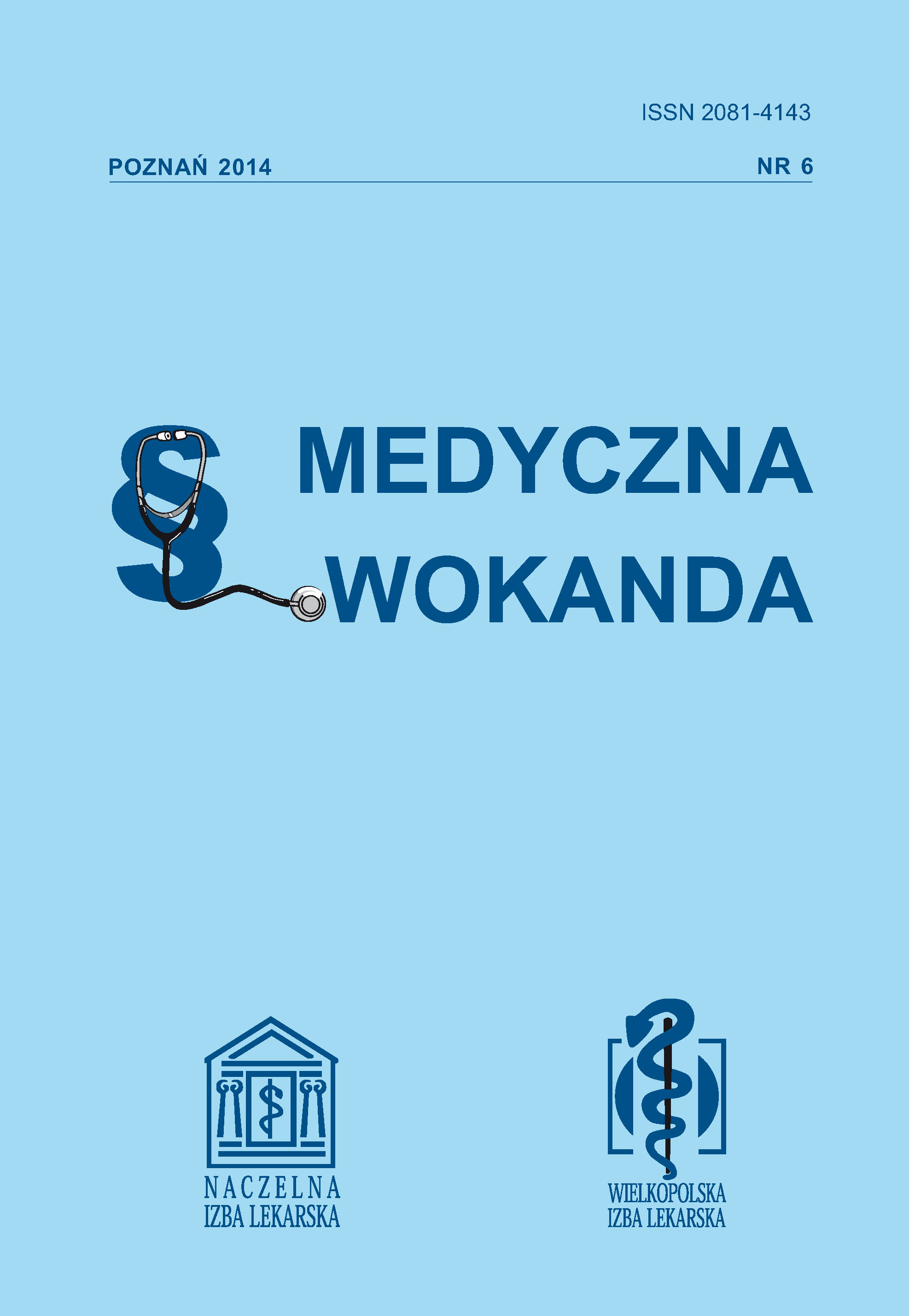
This paper analyzes the jurisdiction issued by the Court of Justice of the European Union (from 2014 to 2015), concerning the subject of professional, medical activities. Judgments of the CJEU concern the following issues: – permanent deferral from blood donation of men who have had sexual relations with another men; – consequences of failures of medical products, where safety requirements are particularly high; – whether unfertilised human ova whose division and further development have been stimulated by parthenogenesis may be qualified as ‘human embryo’; – possibility of prior authorization refusal by the competent institution to go to a territory of another Member State to receive there relevant treatment, because of lack of related medication, basic medical supplies and infrastructure in the insured person’s Member State of residence where hospital care concerned cannot be provided in appropriate time; – application of directive 2002/98 and 2001/83 concerning plasma prepared from whole blood, by means of an industrial process and intended for transfusion purposes
More...
The European Court of Human Rights was established in 1959 for the purpose of examining individualcomplaints and international cases. The ECtHR ascertains the infringement of rightsand freedoms on the basis of the Convention for the Protection of Human Rights and Fundamental Freedoms. The Convention provides uniform principles and standards in the field of humanrights while ECtHR judgments may provide arguments to introduce amendments in legislatureand in practice. The paper presents selected verdicts issued by the ECtHR against different European countries in 2014 in the cases involving medical issues
More...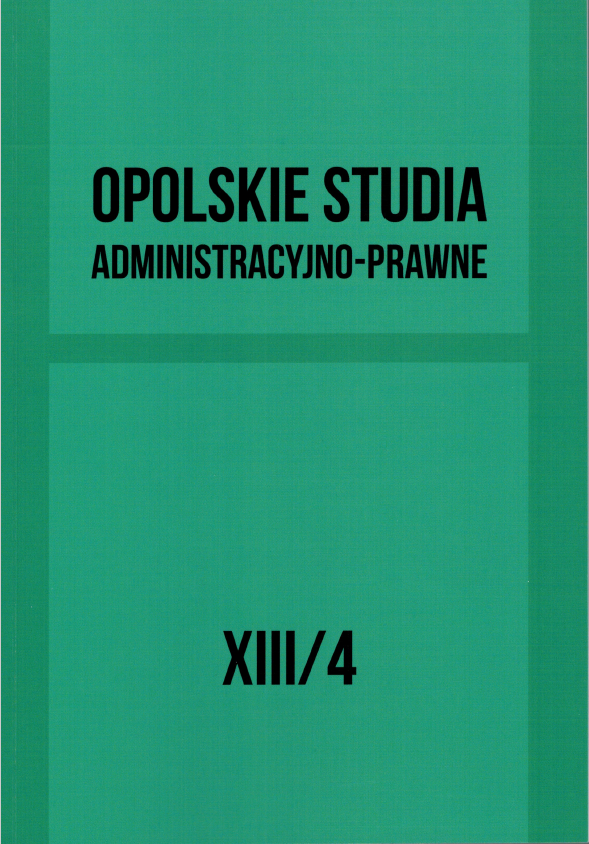
The subject matter of this discussion is the issue of fixed structures of prison pastoral care in Poland. The author pointed out that although the Catholic pastoral care is present in all prisons, there are no legally binding regulations governing the pastoral care status. This may compromise the exercise of individual religious freedom of the inmates and the status of chaplains. A similar concern may also be expressed by the followers of other religions held in prisons. In addition, the article highlights the limited effectiveness of pastoral councils at the prison headquarters and in the field, as well as indicates the consequent danger of limiting the freedom of conscience and religion of persons deprived of their libertyThe subject of this paper are guarantees of religious freedom – in an individual, community and institutional dimension – included in the concordat between the Holy See and the Republic of Cape Verde on 10 June 2013. Prepared over many years and concluded 37 years after the independence of the Republic of Cape Verde, it was signed by Archbishop Dominique Mamberti, who represented the Holly See, and Jorge Alberto da Silva Borges, the Minister of Foreign Affairs of the Republic of Cape Verde. The regulation of this convention (which consists of a preamble and 30 articles) provides for the legal status of the Catholic Church in reference to more than twenty detailed issues, which is typical of the so-called exhaustive concordats, which include the whole range of issues both parties are interested in. When describing a concordat, it needs to be mentioned that what is striking in them is above all full respect and appreciation of the rule of religious freedom, in all its dimensions and aspects.
More...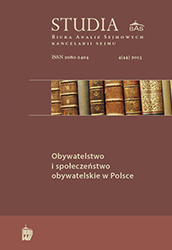
This article deals with the issue of European Union citizenship.Since 1992, both the Treaties and the case law of the Court of Justice havehelped to create a direct and evolving bond of citizenship between the individualand the Union. Any person who holds the nationality of an EU memberstate is automatically also an EU citizen. EU citizenship is additional to and doesnot replace national citizenship. Moreover, European citizenship is evolving notonly as a direct bond between the citizen and the Union but also as a sphereof relationships between the citizen and all the member states. That aspect ofcitizenship guarantees all the nationals the right to move freely throughout theterritory of the Union, as well as the right to reside in any member state.
More...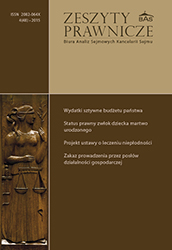
The opinion shows that, specifying the range of entities that can participate in closed committee meetings, the Standing Orders of the Sejm expressly states that such meetings may be attended by Deputies who are not members of that committee and the persons whose participation the committee deems indispensable. There is no legal basis for the admissibility of participation of MEPs in closed meetings of Sejm committees that involve classified information. The author of the opinion notes that the possible attendance of a Member of the European Parliament at such a meeting would implicate the recognition by the Commission of their attendance “as indispensable” and the requirement to present of an appropriate security clearance.
More...![Opinia na temat wniosku dotyczącego dyrektywy Parlamentu Europejskiego i Rady w sprawie niektórych aspektów umów o dostarczanie treści cyfrowych [COM(2015) 634 final]](/api/image/getissuecoverimage?id=picture_2016_26155.jpg)
The aim of the proposal is to provide a uniform way to fill the current legal gap in those EU Member States which have not yet adopted legislation specifically on supply of digital content, and the harmonization of the legal systems of those countries that have already adopted such a legislation. Its entry into force will prevent particularization of national rules on liability for failure to perform the obligations arising from contracts for the supply of digital content and for the improper performance of obligation, including the lack of conformity of the digital content with the contract. As a result, it will prevent fragmentation of the digital content market. Entry into force of the proposed directive should improve legal protection of consumers in the event of non-compliance with the contract of digital content received from their suppliers. The proposed directive will have a significant impact on the legal situation of suppliers of digital content. Worth consideration is the removal of defects identified in the opinion that raise doubt as to its legislative correctness.
More...![Opinia w sprawie wniosku dotyczącego dyrektywy Parlamentu Europejskiego i Rady w sprawie niektórych aspektów umów sprzedaży towarów zawieranych przez internet lub w inny sposób na odległość [CO (2015) 635 final]](/api/image/getissuecoverimage?id=picture_2016_26155.jpg)
The aim of the proposed directive is full harmonization of national legislation on consumer goods in relation to conformity with the contract for distance sale, the seller’s liability for lack of conformity of goods with such contract and under the commercial guarantees. The proposal causes no legislative objections. Its entry into force requires implementation through an amendment of the Civil Code. The implementation of the directive may lead to re-fragmentation of the legal system as concerns the liability for the lack of conformity of goods with the contract. In the case, indeed, the implementation of the proposal will mean the creation of a specific rules relating solely to consumer contracts for a distance sale, and will result in establishing a particular legal regime governing the seller’s liability for one of the many types of sales contracts, distinguished upon the way of its conclusion.
More...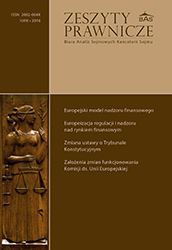
According to the author, there are no legal obstacles for a Deputy to hold shares in certain types of companies which, in their business, benefit from EU funds. If funds for the implementation of the program in which the company intends to participate, come – partly or in whole – from the state budget, they will be classified as state property. There are reasons to consider that the funds available to entrepreneurs under EU programs, paid in 100% from EU funds, do not constitute property of the state nor municipal property.
More...
Several reports reveal that trafficking in antiquities has become one of the sources of funding of the “Islamic State of Iraq and Syria”. Switzerland, which is one of the principal markets for articles of archaeological interest, has adopted two pieces of legislation that may play an important role in countering the illicit trade of antiquities smuggled from Iraq and Syria. These are the Federal Law on the Protection of Cultural Objects in the Event of Armed Conflict, Catastrophe and Emergency Situations and the Order Establishing Measures against Syria. The objective of this article is twofold: first, to examine the most relevant aspects of these measures and their implications for art trade professionals and collectors; and second, to demonstrate that Switzerland is now keen to support foreign States’ efforts to protect their cultural patrimony when threatened by war, terrorism, pillage and natural or human-induced disasters.
More...
When art and criminal law cross paths life has some fascinating stories to tell which may well extend beyond national borders. Such stories are closely linked with a multitude of diverse legal issues which can frequently be reduced to two aspects, both of which require clarification: First, what is art? And, second, is everything permitted in art? This paper explores both questions by considering several case studies by way of illustration. Possible solutions are presented and carefully examined. The paper also provides an interesting glimpse of the “Art and Criminal Law” exhibition developed by the team of the Chair of Criminal Law, Law of Criminal Procedure and Criminology under Professor Uwe Scheffler at the European University Viadrina, Frankfurt (Oder). The exhibition is currently on tour in Germany and Poland where it is being shown at a number of universities.
More...
The aim of this article is to analyze the motif of scales in Netherlandish art from the 15th to the 17th century. The motif of scales was present in art from earliest times, but its role and function differed in various historical epochs – antique, the middle ages, and the modern age. The core part of the article is devoted to the symbolic relationship between scales and different aspects of justice. The first painting taken into consideration is Rogier van der Weyden’s Last Judgment (approx. 1445 to 1450), and the last one – Jan Vermeer’s Woman Holding a Balance (approx. 1662-1663). The article attempts to answer some crucial questions. What were the meanings attributed to scales during the two centuries examined? How did these meanings evolve, and was the interpretation of the symbol influenced by the ethos characteristic for particular periods and geographical spaces, as well as transient fashions, religious and political changes? The article presents paintings selected during the query into Netherlandish art, along with a discussion on their content and information about their creators. It analyzes the symbol of scales in the context of images created by the masters of Netherlandish painting and offers a synthesis of the observed changes in the perception of scales as a symbol during the period discussed.
More...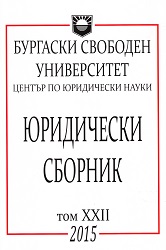
This article examines the main issues in regard to the right to a fair trial in criminal matters. Particularly it provides an overview of the Court case-law involving Bulgaria. This concerns the right to an independent and impartial tribunal established by law; the court's jurisdiction and access to court in criminal matters; right to a public hearing and a public pronouncement of judgement; the right to a fair trial within a reasonable time, the presumption of innocence and the basic rights of the defense of anyone who has been charged.
More...
This article analyzes the concepts, systems and design criteria of the Special Part of the criminal law of foreign countries. According to the author, especially of the foreign criminal law, as its structural element is a set of (system) institutions and norms that define the concept and features of specific crimes and establish penalties for committing them. Features of the part of the foreign criminal law is derived from two of the subfamily-tems: 1) codified (main), provided by the Criminal Code; 2) Necoda-tified (auxiliary) provided a multiplicity of other formal sources (special criminal laws or regulations other industry sector, and in some cases and case law). Criteria for the construction of the Special Part of the foreign criminal law are determined on the basis of community facilities criminal attacks and their importance in the hierarchy of social values, officially adopted in a given society and the state. In terms of content, especially of the criminal law of various foreign countries, on the one hand, has the versatility and unity in the main - in the terms of common crimes, which form its “core”. On the other hand, it differs quite pronounced invariance, ie, specificity in the amount of criminalization, the degree of differentiation of criminal responsibility and the level of penalty for their actions. The algorithm of the Special Part of the foreign criminal law at the present stage is modeled as follows: in the framework of its codification in general prevails under decodification, criminalization - under decriminalization, penalization - under decriminalization. Currently, gradually changing the concept (ideology) of the Special Part of the Criminal Law, the border - line, which is manifested primarily in changing the vector of values of criminal law protection: (from the state - for the individual). In addition, the continued process of convergence of different criminal legal systems (primarily European and Anglo-American).
More...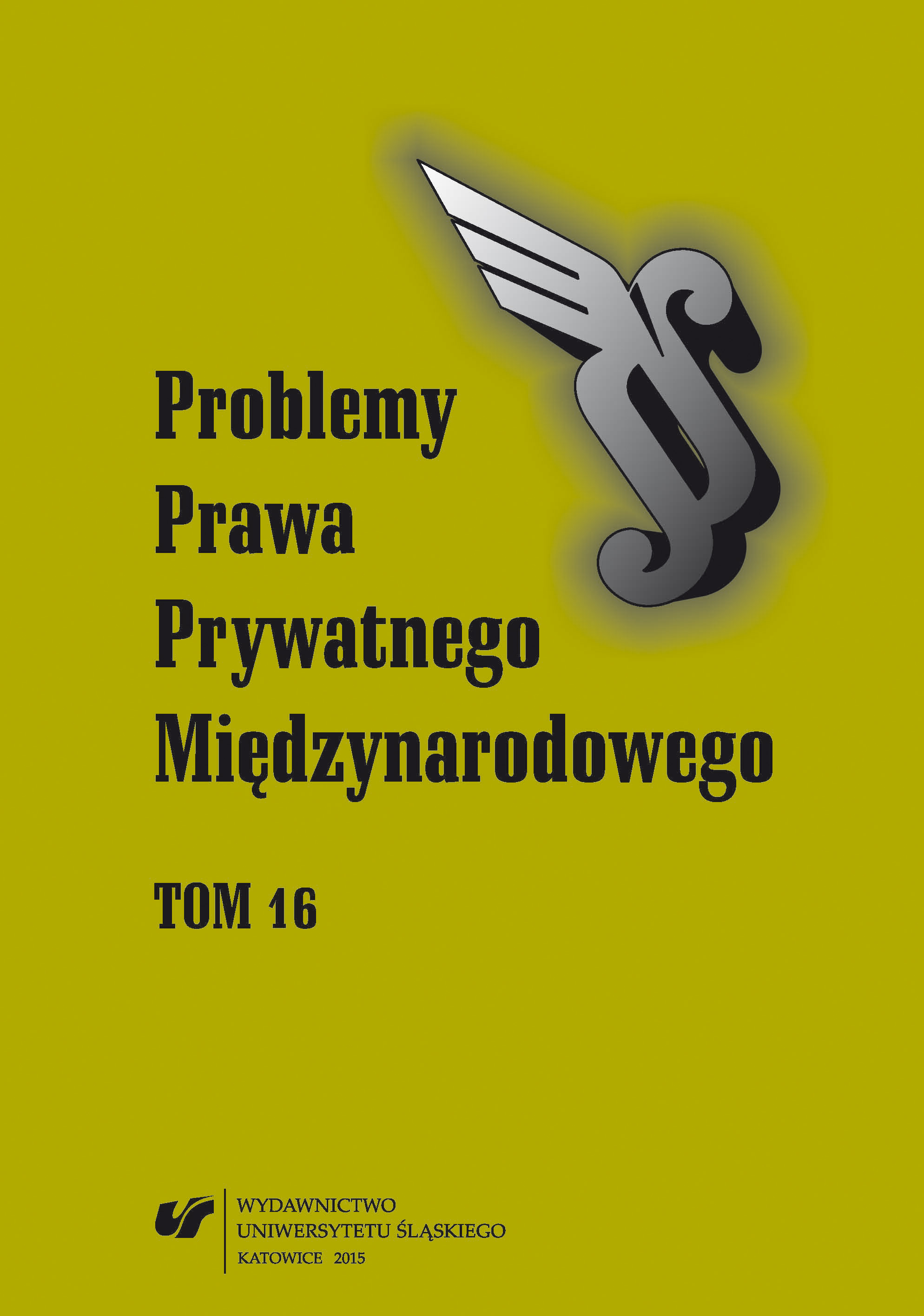
The article focuses on problems with the determination of foreign law. According to Polish regulations, the court is obliged to ascertain the content of the applicable law of its own motion. However, obstacles might be encountered in the process, which effectively hinder the procedure. The author discusses the question whether the provision of Art. 10 S. 2 of the 2011 Act on Private International Law is a functional solution, especially as regards the statutory criterium of “reasonable time”. Namely, the court’s efforts to determine the content of the law applicable should be undertaken within a time limit deemed as “reasonable”, given the facts of the case and the need to resolve it in an effective way. The court is obliged to undertake all available measures to ascertain the content of applicable law, having in mind that it cannot lead to a situation where the parties’ interests would be frustrated by the process taking too long. Should the court find that the determination of foreign law is not possible within reasonable time, according to Art. 10 s. 2 of the Act cited above it is obliged to apply Polish law as a last resort. In the article it is analyzed whether the present statutory regulation fulfills its role, as expected in the law-making process. The author concludes that this provision is a flexible solution, allowing the court to assess the situation in a given case and reach a decision taking into account all the important issues. There is no need modify the law, especially by introducing a more detailed provision.
More...
Regulation (EC) No 864/2007 of the European Parliament and of the Council of 11 July 2007 on the law applicable to non-contractual obligations (the Rome II Regulation) defines the conflict-of-law rules applicable to non-contractual obligations in civil and commercial matters. It has been in force since 11 January 2009. Article 30 of the Regulation foresees an evaluation report on its application. The European Commission already asked the Polish Ministry of Justice for an input via a Questionnaire issued in 2012 (see M. Pazdan, M. Jagielska, W. Kurowski, M. Świerczyński, M.-A. Zachariasiewicz, M. Zachariasiewicz, Ł. Żarnowiec: “Materials: The Response to Commission’s Questionnaire to the Member States Regarding the Application of the Regulation 864/2007 on the Law”. „Problemy Prawa Prywatnego Międzynarodowego” 2013, vol. 12, p. 165—197). At that stage — it was not yet possible to present a developed picture of our courts’ approach to the Regulation as no extensive case-law was available in Poland. With the new Questionnaire dated June 2015 the Commission-Directorate A: Civil Justice asked the Polish Ministry of Justice for new information and insights on the application of the Rome II Regulation in Poland that have been gathered in the meantime. Similarly to the original response to the Commission’s Questionnaire, this supplement was prepared jointly, by a group of authors under a lead of professor Maksymilian Pazdan. The supplement constituted the basis for the reply given to the Commission by the Polish Codification Committee on behalf of the Polish government. Since the preparation of the original response time has passed and experience has accrued. Accordingly, a number of issues concerning the application of the Regulation have surfaced. The new opinion brings additional information on Polish case law to the attention of the Commission. The authors are of the of the view that the reason why the Regulation has been finally noticed by Polish courts may be the reference to this act included in Art. 33 of Polish Private International Law. Jurisprudential analysis presented in this supplement indicates that Polish courts face many difficulties when applying the Rome II Regulation. These concern, among others, the scope of the Regulation itself, as well are of its particular provisions, the demarcation of the Regulation and the Hague Convention of 1971, the interpretation of the criterion of a„manifestly closer connection” and the criterion of a „close connection of a tort with an earlier contract”, the determination of the place of damage and admissibility of the application of Arts. 16 and 17 of the Rome II Regulation. Unfortunately there are cases when the Regulation was ignored by Polish courts. The authors of the supplement propose a number of possible amendments to the Regulation, including changes to conflict rules for traffic accidents, the protection of privacy and other personal rights, intellectual property, unfair competition and the protection of third party rights.
More...
According to the main theses arising out of the statement of reasons of the Supreme Court Judgement of 28th May, 2014, I CSK 330/13: 1. The separation of property as provided in art. 54 § 1 of Polish Family and Guardianship Code (PFGC) may result from a foreign court order, if this order corresponds to the judgment on legal separation as known in the Polish law. 2. The ordinance of the French court authorizing the spouses to live separately, issued as part of divorce proceedings cannot be qualified as the equivalent of the judgment on legal separation known to the Polish law. Both theses should be approved. However, the first one must be supplemented with the fact that the effect provided in art. 54 § 1 PFGC may only be attributed to a foreign judgement, when the law applicable to the patrimonial effects of marriage in the moment of such judgement is the Polish one. Furthermore, the above mentioned effect can occur as a consequence of a foreign judgment only if this judgment is recognised in Poland. In order to check whether the foreign judgment concerned in casu corresponds to the Polish judgment on legal separation, the terms equivalence evaluation must be carried out. In the case concerned, it was necessary to carry out such an evaluation with reference to the French ordinance authorizing the spouses to live separately [“l’ordonnance de résidence séparée”]. In the absence of sufficient similarity between the analysed ordinance and the Polish judgment on legal separation, the provision of art. 54 § 1 PFGC cannot apply with regard to the former. Therefore, in spite of some objections to the reasoning of the Supreme Court, we should agree with the final settlement made in the case.
More...